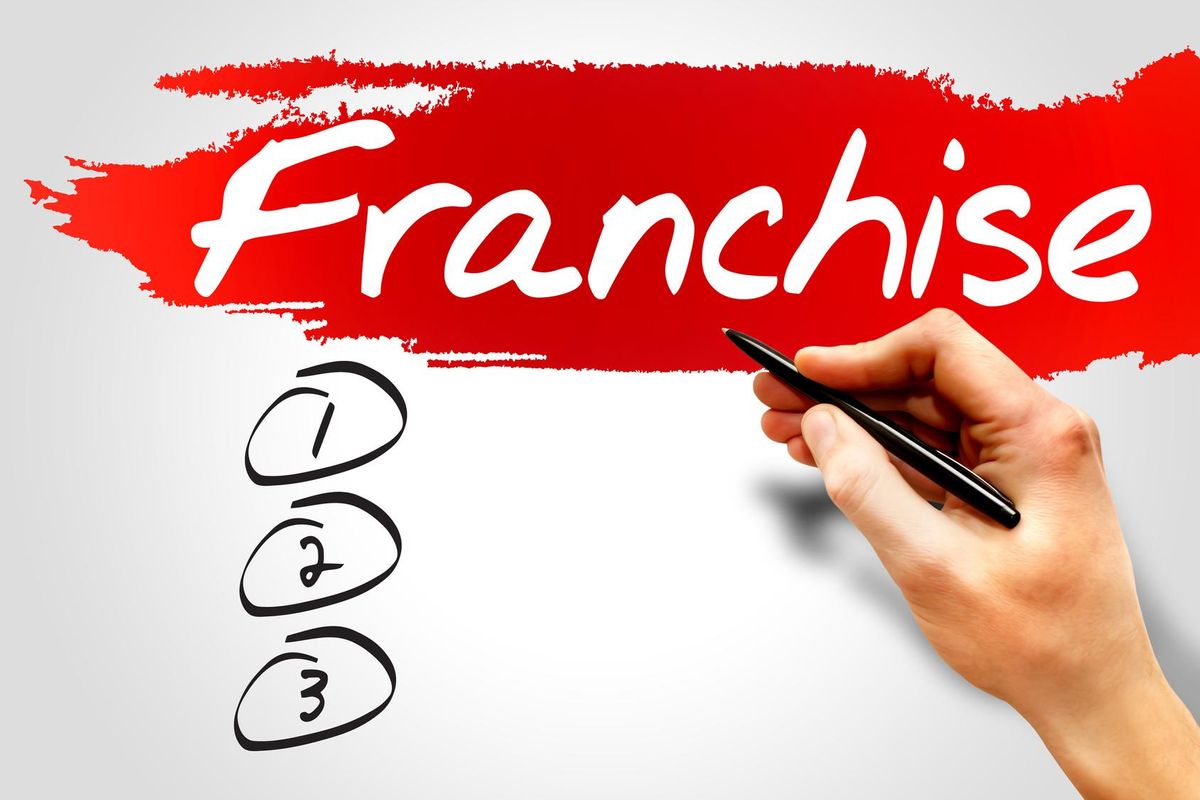
Converting Your Independent Business Into a Franchise
As the owner of her own staffing firm for 12 years, Amy Clegg has become quite the expert on matching professionals with employment opportunities. However, two years ago, she made the best match yet, and it wasn’t for one of her clients—it was for herself.
In 2009, the staffing services franchise Express Employment Professionals approached Clegg with the option of converting her existing staffing business into an Express Employment Professionals franchise. They wanted to expand into the Scranton, Pennsylvania, market where she was based. Meanwhile, feeling that her marketing, sales, and funding potential were limited, Clegg had been looking for help to take her business to the next level.
The partnership turned out to be a match made in heaven. Since the conversion, Clegg’s overall sales increased tenfold compared to her best year operating as an independent business owner; last year, her business was recognized as one of the fastest-growing Express Employment Professionals offices and she now has plans to open an additional territory.
For Clegg, converting her independent business into a franchise was the perfect solution. But is it the right step for all independent business owners? Here’s what should you know before you take the plunge.
Should you convert your independent business to a franchise?
1. Be ready to do the research and homework necessary to find the right fit
Unless you’re like Clegg, you’ll probably have to do some legwork to find the right franchise for your business. “Conversion franchises are a small subset of the thousands of franchises available,” says Laurie Pollock, a senior franchise consultant with FranChoice. “Websites don’t always define total conversion costs, or whether the opportunity exists in every market, which can make this approach an exercise in futility.”
Even after narrowing down the choices, continue to dig. “I recommend talking to franchisees and closely investigating the company’s business model and philosophy,” says Pollock.
2. Understand the advantages
There can be many advantages to joining on with a franchise. Pollock names several: “Franchisors are industry experts, so the independent benefits from an infusion of best practices, from the latest technology, to group buying power, even national accounts that lock in and ‘push down’ business to franchisees on the local level,” she says. “Brand recognition can boost traffic right away, and effective marketing techniques are of significant impact—[this is often] an area where small business owners struggle. Last, but not least, is what franchising is all about: support.”
More articles from AllBusiness.com:
- 3 Main Reasons Why Your E-Commerce Site Won’t Convert
- 6 Effective Ways to Convert Customers into Brand Advocates
- 5 Ways to Shift Your Mindset During Tough Times and Embrace New Opportunities
- 40 Reasons to Buy a Franchise
- How Can I Tell If Franchising Is Right for Me?
3. With the good can come the bad, so be prepared for the downside
“Most independent business owners are just that—independent, and proud of it,” says Pollock. “Before converting and becoming part of a franchise system, they may need to shift their thinking from ‘I’ve always done it this way’ to ‘I’m ready to learn a new way; I’m ready to do it your way.’”
4. Joining a franchise will inevitably introduce change into the way you do business, so prepare your staff and be ready to act accordingly
“Following the franchise model after being independent was difficult for a few long-term members of my staff,” admits Clegg. “The staff members who could not or would not accept change are no longer working for me. The staff members who embraced the changes are reaping the rewards in the form of higher salaries and outstanding growth in commissions and profit sharing.”
5. Think long-term and industry-specific when deciding whether or not to convert your business into a franchise
“Conversion franchises are prevalent in industries like automotive or printing that are heavily reliant on technology and equipment—business components that are changing rapidly,” says Pollock. “Franchisors keep abreast of the changes on behalf of their franchisees, so owners can focus on their customers.”
6. Be open-minded about the option of converting your business into a franchise
Though the concept is not yet entirely mainstream, an increasing number of franchisors are implementing turnkey conversion options, says Pollock. Be ready to seize the opportunity if it makes sense for your business. Clegg considers it the best business decision she ever made.
RELATED: Buying a Franchise vs. an Independent Business: What Are the Pros and Cons?
About the Author:
Sara Wilson is a freelance writer who specializes in issues related to small businesses. Contact her at wilson.sara@gmail.com.



